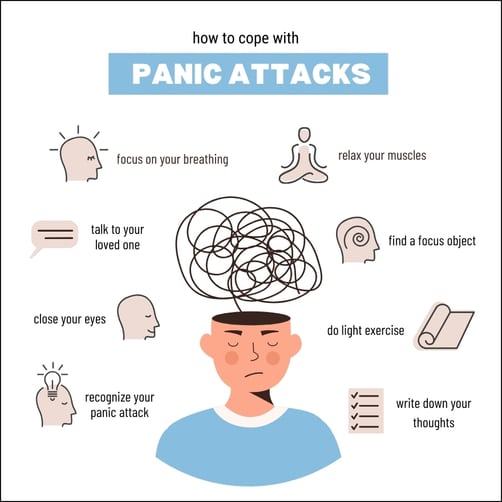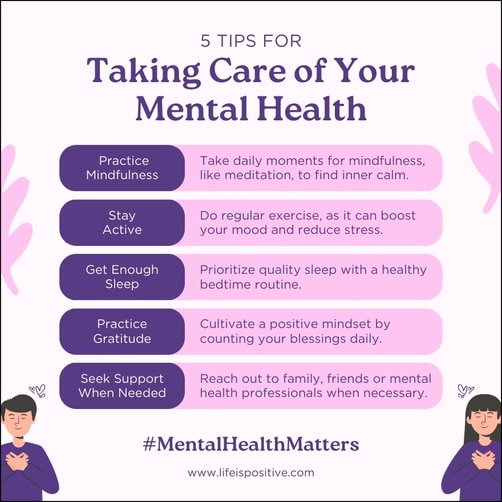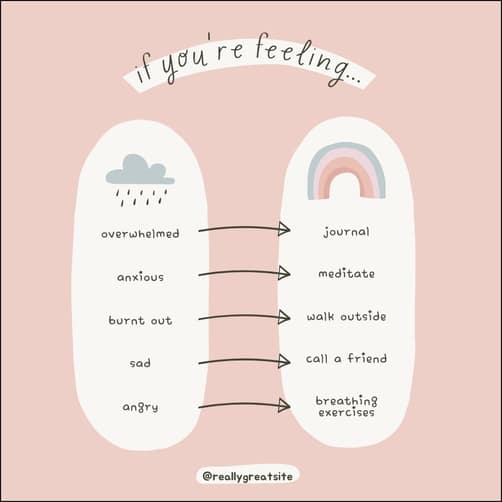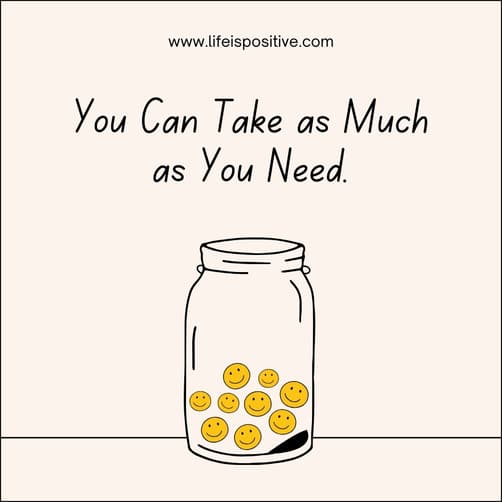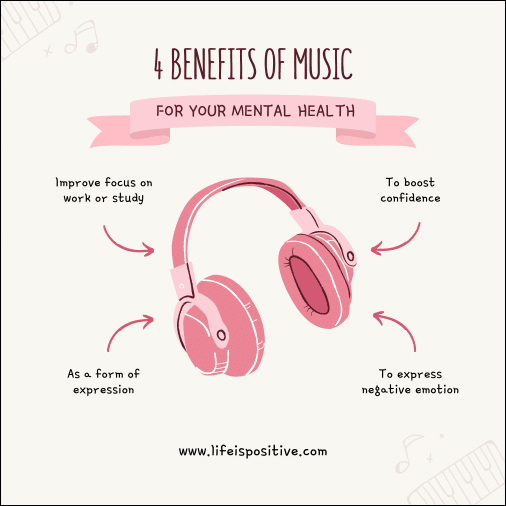|
Getting your Trinity Audio player ready...
|
Bullying and mental health – two terms that, unfortunately, go hand in hand more often than we’d like.
In a world where being kind should be as easy as pie, it’s baffling to see how widespread bullying still is.
So, let’s dive into this not-so-merry-go-round of a topic.
And while we’re at it, let’s not forget to chat about the superhero in this narrative: Pink Shirt Day.
Yes, a shirt, but not just any shirt. This one’s got superpowers against bullies.
Stick around; it’s going to be an enlightening ride with a sprinkle of wisdom and a whole lot of heart.
What is a Bully?
Oh, the bully.
Picture this: someone who, for reasons best known to themselves (and perhaps their therapist), decides that their path to greatness involves making someone else’s journey a tad… uncomfortable.
A bully can take many forms, much like a chameleon changing colors, but their impact leaves a lasting impression.
From the schoolyard to the corporate world to the digital playgrounds of social media, bullies use words and actions as their tools, aiming to intimidate or belittle those around them.
A bully is someone who keeps being mean to others on purpose.
They might say hurtful things, push people around, or leave someone out, trying to make themselves feel more important while making others feel small or sad.
Addressing bullying isn’t just about calling out the negative; it’s about promoting a culture where everyone feels valued, respected, and understood.
It’s about creating a world where kindness is the norm, not the exception.
How Bullying Affects Mental Health
Bullying is not just a series of isolated incidents or a harmless rite of passage.
Its effects ripple through a person’s life, deeply impacting their mental health in various ways.
Here’s a look at ten ways bullying can affect mental health, painting a picture that’s more complex than just feeling down.
1. Increased Risk of Depression
Victims of bullying often find themselves on a slippery slope, leading to depression.
The constant barrage of negative interactions can erode self-esteem and lead to feelings of isolation, sadness, and hopelessness.
It’s like carrying a backpack filled with bricks, each one labeled with an insult or a cruel act, making it harder to stand up straight with each passing day.
2. Anxiety and Panic Attacks
The anticipation of bullying can create a state of constant anxiety for victims.
They may experience an ongoing fear of social interactions, leading to panic attacks at the thought of facing their bully or bullies.
This state of heightened anxiety is akin to feeling like you’re perpetually walking through a minefield, never sure when the next explosion will occur.
3. Low Self-esteem
Bullying often targets a person’s perceived weaknesses, whether real or fabricated by the bully.
This relentless targeting can significantly diminish a person’s self-esteem, leading them to view themselves through the distorted lens of their bully’s criticism.
It’s as if every insult is a brushstroke on a portrait, painting a picture of oneself that is unrecognizable and full of flaws.
4. Post-Traumatic Stress Disorder (PTSD)
For some, the experience of being bullied is so traumatic that it leads to PTSD, a condition commonly associated with survivors of intense trauma.
Victims may have flashbacks, nightmares, and severe anxiety that mirror the symptoms experienced by war veterans or accident survivors.
Bullying, in this sense, leaves scars not on the body but deeply etched in the mind.
5. Trust Issues
Bullying can lead to a breakdown in trust, not only in peer groups but also in adults who were perceived as not intervening.
Victims may struggle to form healthy relationships because they’ve learned to anticipate betrayal or harm from others.
It’s like constantly wearing armor, even in situations where it should be safe to be vulnerable.
6. Social Withdrawal
The pain of being bullied often leads individuals to withdraw from social interactions to protect themselves from further harm.
This isolation can exacerbate feelings of loneliness and depression, creating a vicious cycle where the victim feels disconnected from potential sources of support and friendship.
7. Suicidal Thoughts and Behaviors
In severe cases, the despair and isolation resulting from bullying can lead individuals to contemplate or attempt suicide.
These thoughts and actions are the tragic endpoints of a journey through pain and loneliness, where the victim sees no other escape from their suffering.
8. Eating Disorders
Bullying, particularly when it focuses on appearance or body shaming, can contribute to the development of eating disorders.
Victims may turn to controlling their food intake as a way to regain a sense of control over their lives or to change aspects of themselves that have been targeted by bullies.
9. Substance Abuse
To numb the pain of bullying, some individuals may turn to smoking, alcohol or drugs.
Substance abuse becomes a coping mechanism to escape the emotional turmoil caused by bullying, leading to a whole new set of health and mental health challenges.
10. Academic and Occupational Impact
The mental health effects of bullying can spill over into academic and occupational performance.
Victims may struggle with concentration, attendance, and engagement, seeing their grades or job performance suffer as a direct result of the stress and anxiety caused by bullying.
How to Take Care of Mental Health
Taking care of your mental health in the face of bullying is crucial.
Here are ten empowering ways to shield your well-being and keep your spirit unbroken:
1. Speak Up and Speak Out
Don’t keep the pain of bullying a secret.
Share your experiences with trusted friends, family members, or teachers.
Speaking up can lighten your emotional load and mobilize support.
2. Create a Support Squad
Surround yourself with positive people who uplift you.
This squad could include friends, family, or members of support groups who understand what you’re going through and offer encouragement.
3. Practice Self-Compassion
Be kind to yourself.
Remind yourself that bullying reflects the bully’s weaknesses, not yours.
Practice self-care routines that celebrate your worth and resilience.
4. Stay Active
Physical activity can boost your mood and improve your self-esteem.
Whether it’s a brisk walk, yoga, or a dance session in your room, find a way to get moving and lift your spirits.
5. Limit Social Media Exposure
Bullies often extend their reach through social media.
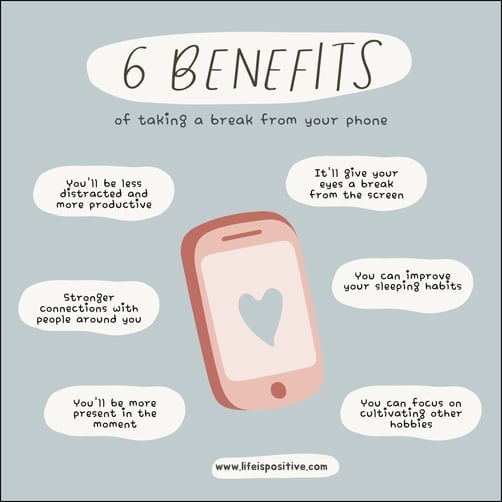
Take breaks from online platforms, especially if you notice they’re affecting your mood.
Remember, it’s okay to unfollow or block negativity.
6. Seek Professional Help
Sometimes, the impact of bullying can feel overwhelming.
Therapists or counselors can offer strategies to cope with the emotional distress and work through the trauma.
7. Develop Coping Skills
Find healthy ways to manage stress and anxiety, such as meditation, journaling, or creative arts.
These activities can offer a mental escape from bullying and help process your feelings.
8. Focus on Your Passions
Engage in activities that make you happy and boost your confidence.
Whether it’s art, music, sports, or coding, immersing yourself in what you love can reinforce your sense of self.
9. Educate Yourself
Understanding the dynamics of bullying can empower you to deal with it more effectively.
Knowledge can demystify the bully’s power and give you strategies to stand your ground.
10. Visualize a Positive Future
Remember, this moment does not define your entire life.
Visualize your future beyond the current pain—a future where you are thriving, successful, and happy.
This mental image can be a powerful motivator and a reminder that you are not stuck in this situation forever.
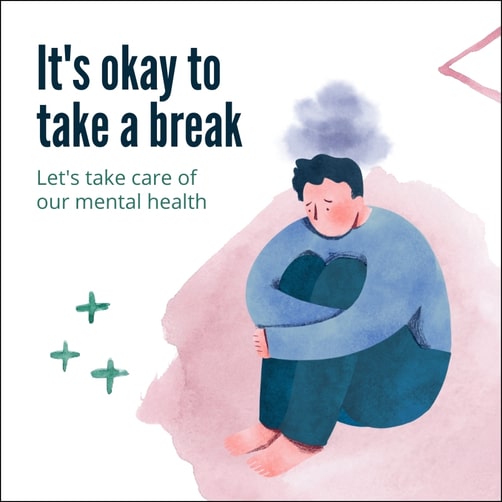
Taking care of your mental health is a journey, not a one-time fix.
Each step you take builds a stronger, more resilient you, capable of facing challenges with grace and strength.
Remember, it’s not just about surviving bullying; it’s about thriving despite it.
What is Pink Shirt Day?
Imagine a world where everyone sports pink shirts, not just because it’s a fabulous color (which, by the way, it absolutely is), but because it symbolizes a stand against bullying.
Pink Shirt Day is the calendar’s way of giving bullying a big, fat “NOPE.”
It’s a day dedicated to raising awareness, promoting kindness, and supporting those affected by bullying.
It’s like the Avengers, but everyone’s superpower is compassion (and a great sense of style).
Originating from a Canadian initiative where two students wore pink shirts in solidarity with a peer bullied for wearing one, this day has turned into a global movement.
Celebrated annually, it’s a bold statement against bullying, a collective stand that says, “Enough is enough!”
Pink Shirt Day isn’t just about wearing a splash of color; it’s a call to action.
It is celebrated on the last Wednesday of February every year.
It’s about spreading awareness, fostering a culture of kindness and support, and reminding everyone that it’s cool to be kind.
So, when you don that pink shirt, you’re not just making a fashion statement (though you’re probably rocking it); you’re wielding a powerful weapon against bullying.
It’s the world’s biggest, most inclusive, and stylish hug!
Final Thoughts
Hey there, I know things might feel incredibly tough right now.
Being on the receiving end of bullying can make the world seem like a pretty harsh place.
But I want to share something important with you: please, don’t give up on life.
I’ve been in those shoes, feeling like the light at the end of the tunnel is just too dim to reach.
But trust me, it’s there, and it gets brighter.

The future holds so many possibilities, so many moments of joy and triumph that you don’t want to miss.
You are so much stronger than you think, and this experience, as tough as it is, is shaping you into an even more resilient person.
There’s a whole community here that understands and supports you.
Your journey doesn’t end with bullying.
It’s just one chapter in your incredible story, and like all chapters, it, too, will pass.
The future is a blank page, and you have the power to fill it with your dreams, your achievements, and your happiness.
Remember, every day is a new opportunity to turn it all around.
You can find new paths, meet people who lift you up, and discover strengths you never knew you had.
I know it’s not easy to stay positive when things seem dark but believe me, the sun will shine on you again.
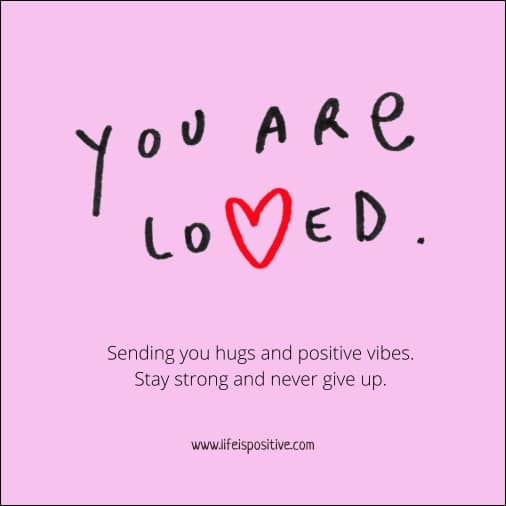
You’re not just surviving; you’re learning, growing, and becoming stronger with every challenge.
Let’s promise to look for the silver linings together, celebrate the small victories, and never lose sight of the endless possibilities that await.
Stay strong, my friend, keep your head high and march confidently into your future.
It’s bright, it’s beautiful, and it’s yours for the taking.
We’re in this together, and I’m cheering for you every step of the way.
Keep believing in yourself and the incredible life you’re destined to live.
Hold on to HOPE (Hold On, Pain Ends) and keep looking forward to all the good that’s yet to come.
You’ve got this, my friend. You are amazing!
For more empowering content, relaxing music, and podcasts, connect with our vibrant community here ➡️ Social Media.


